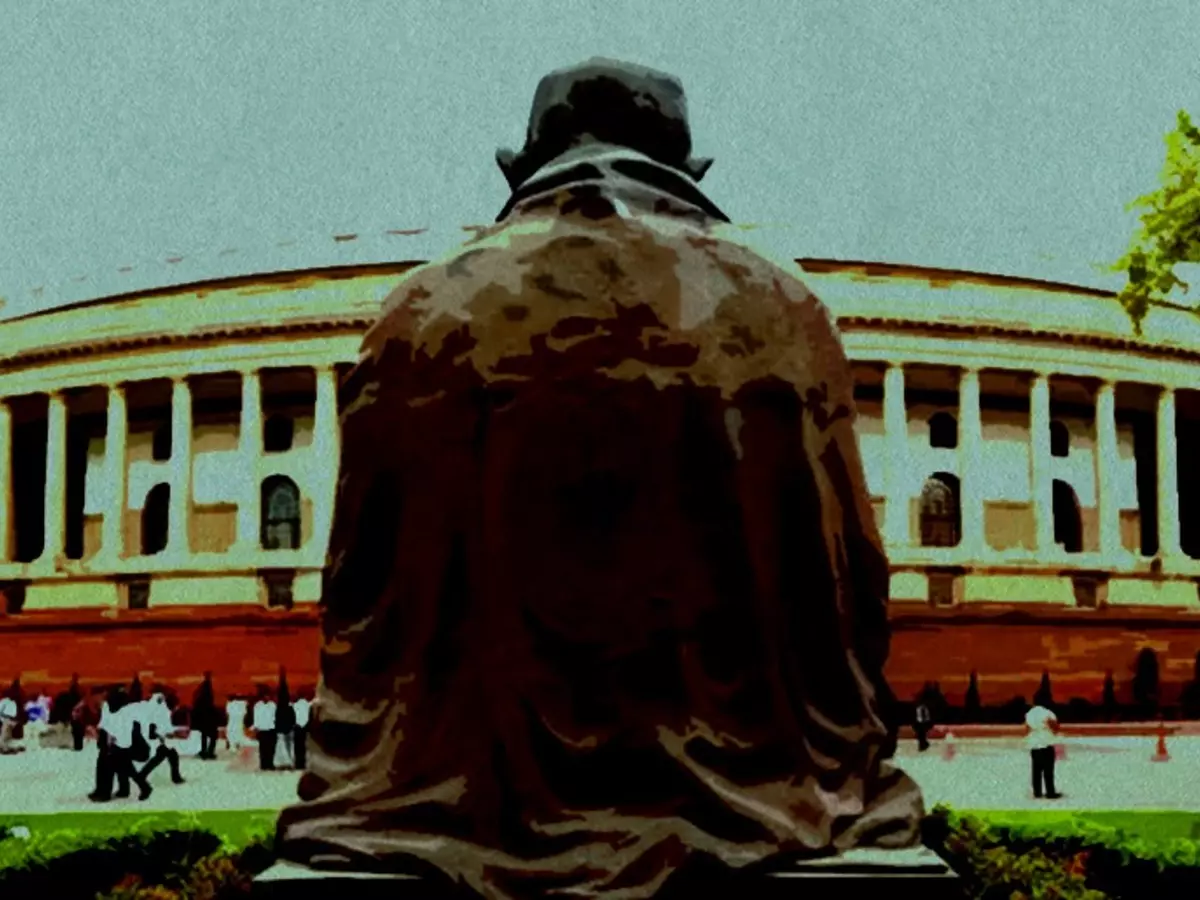Up For Discussion In Parliament On Population Control & Uniform Civil Code, What Are Private Members¡¯ Bills?
BJP MPs will introduce private members bills on population control and uniform civil code in the upcoming Monsoon session of Parliament. The proposed legislations emphasise on deincentivising couples having more than two children by making them ineligible for government jobs and subsidies.

BJP MPs will introduce private members¡¯ bills on population control and uniform civil code in the upcoming Monsoon session of Parliament.
The proposed legislations on population control and uniform civil code, issues that usually trigger heated polemics in the country, are in line with BJP¡¯s ideological agenda.
Bills on population control and Uniform Civil Code
BJP Lok Sabha MP from Uttar Pradesh Ravi Kishan and Rajya Sabha MP from Rajasthan Kirori Lal Meena are scheduled to introduce the private members¡¯ bills on population control and uniform civil code respectively in the very first week of the session which is starting from July 19.
 AFP
AFP
According to the details available with Lok Sabha and Rajya Sabha secretariats, Kishan and Meena will get an opportunity to introduce their respective private member bills on July 24, which was decided through the lottery system.
A notice for a similar bill on population control has also been given by BJP MP in Rajya Sabha Rakesh Sinha.
The proposed legislations on population control emphasise on deincentivising couples having more than two children, by making them ineligible for government jobs and subsidies on various facilities and goods given by the government.
The move comes close on the heels of the Uttar Pradesh law commission putting up a draft bill on population control on its website, inviting suggestions from the public till July 19.
It says people having more than two children in Uttar Pradesh will be debarred from contesting local bodies polls, applying for government jobs or receiving any kind of subsidy.
What is a Private Members' Bill?
Any Member of Parliament (MP) who is not a minister is referred to as a private member.
 AFP
AFP
The purpose of the private member¡¯s bill is to draw the government¡¯s attention to what individual MPs see as issues and gaps in the existing legal framework, which require legislative intervention. There is little possibility of it becoming a law without the government's support.
The admissibility of a private Bill is decided by the Chairman in the case of the Rajya Sabha and the Speaker in the case of the Lok Sabha.
Before the Bill can be listed for introduction, the Member must give at least a month¡¯s notice, for the House Secretariat to examine it for compliance with constitutional provisions and rules on legislation.
